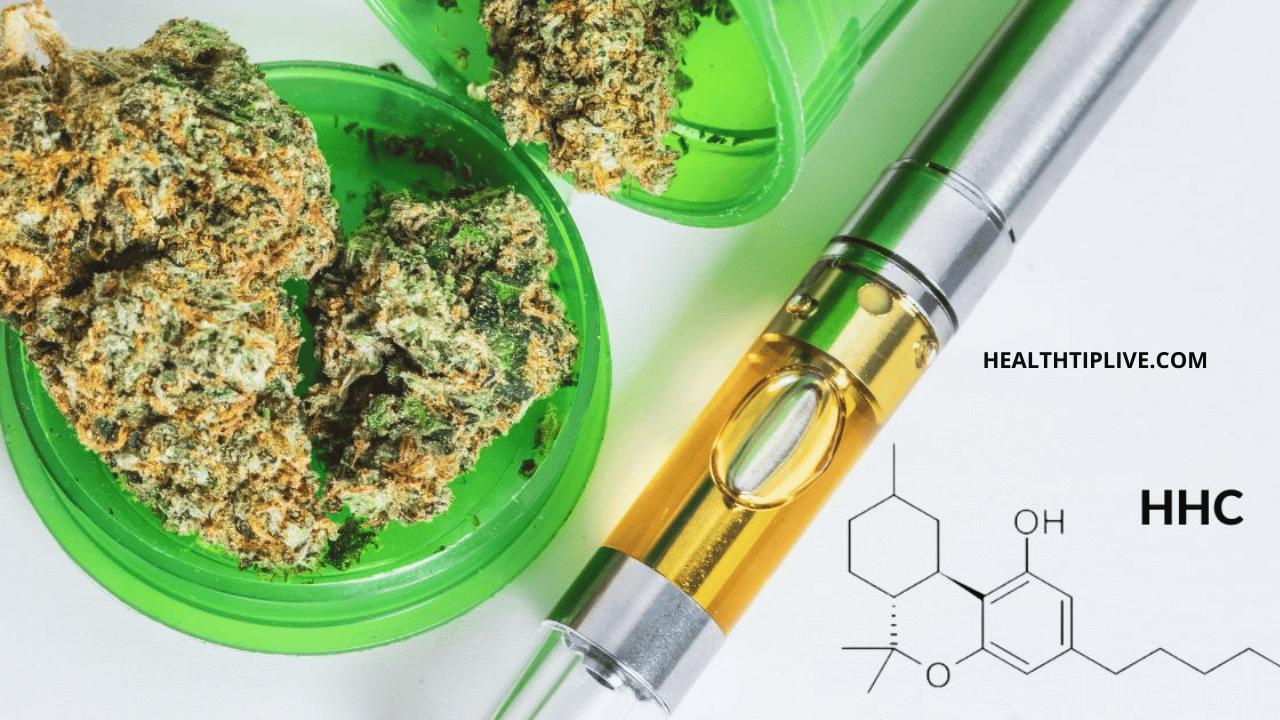Intermittent fasting: we’ve all heard of it, many have tried it, and few avoid it. Intermittent fasting does not focus on what exactly you eat, but on when you choose to eat. If one is intermittent fasting, they only eat during a designated time, typically a couple of hours in the day. Some intermittent fasters choose to simply eat one meal a day, while others give themselves a chunk of time to eat and then fast for the rest of the day. Most commonly, people will follow the 16/8 rule, meaning they allow themselves to eat for 8 hours and fast for 16 hours. There are more types of intermittent fasting schedules that could work better for you. There is no specific time frame picked out for intermittent fasters and it can range depending on work schedule, lifestyle preferences, and other time conflicts.
Intermittent fasting works for many because it allows your body to burn through the previous meal’s calories and begin to burn stored fat in the body. Johns Hopkins neuroscientist Mark Mattson, Ph.D., who has been studying intermittent fasting for around 25 years, claims that over time the human body has evolved to be more prone to fasting for longer periods.
So not only do scientists and researchers claim intermittent fasting aids in weight loss and burning stored fat, but now many are swearing by it for improving skin health. Three ways intermittent fasting improves overall skin wellness are:
- Fasting can regulate blood glucose levels
- Fasting decreases inflammation
- Fasting can improve gut health
Because of all of the grand internal benefits of intermittent fasting within the body’s organs and functions, it leads to many more benefits that trickle down. These other benefits entail improved skin quality and an overall healthier body. Some of these more specific benefits that come with improved gut health, regulation of blood levels, and decreased inflammation are:
1. Stress reduction
Stress is a leading factor in skin-related issues due to its ability to change chemicals in our brain and body that negatively impact our skin. Different ways to lower stress are meditation, walking, getting a massage, spending time with friends or family, diffusing essential oils, decreasing caffeine intake, laughing, yoga, or spending time with a pet.
2. Improved sleep
Poor sleep patterns and habits are a huge source of acne and other skin problems. Lack of sleep can lead to depression, anxiety, and poor gut health. Aiming for 7-8 hours of sleep should be a priority if working to improve skin health with fasting.
3. Bowel regulation (IBS benefits)
The better the bowel regulation, the more toxins released and digested in your body that could cause harm to your skin. Irritable bowel syndrome prevents fundamental minerals and nutrients from coming into the body and therefore can cause various skin issues like rosacea, wrinkles, and skin breakouts.
4. Effective digestion
This goes hand-in-hand with bowel regulation and Irritable Bowel Syndrome benefits. Improved digestion allows the body to release toxins, resolve bloating, and improve one’s overall mood. When the body’s digestive system is on track, your skin will likely absorb more water, properly regulate blood flow, and overall appear brighter and healthily.
5. Stronger immune system
If your gut is healthy, your immune system will likely be too. The immune system not only is responsible for shielding skin from infections and diseases but also assisting the skin’s ability to recuperate from wounds, such as acne and acne scarring.
Now although this diet does not necessarily entail a specific intake of foods, it is important to consider food options if one is fasting to benefit their skin. Anything high in antioxidants is key, such as:
- Carrots, apricots, and other yellow and orange fruits and veggies
- Spinach and other green leafy vegetables
- Tomatoes
- Berries
- Beans, peas, and lentils
- Salmon, mackerel, and other fatty fish
- Nuts
Some other recommendations for diets that improve skin health would be avoiding dairy, choosing the fat-free or low-fat options, reach for whole-grain pasta and bread, and deter from super sugary items. Some types of foods specifically to avoid would be anything high in refined sugars, carbohydrates, or unhealthy fats.
Now that we are on the topic of what one should consume during intermittent fasting to improve skin health, let’s briefly discuss the importance of water. A study from the International Journal of Cosmetic Science investigated the long-term impacts of drinking water. The study found that drinking 9.5 cups of water daily for four weeks significantly changed skin density and thickness for the better. Whenever someone expresses they are struggling with a skin issue, everyone’s first question is, “Are you drinking enough water?” Whether they consume tons of water daily or prefer to skip their morning glass of water altogether, here are some benefits water has for skin health:
- Tightens skin
- Decreases wrinkles
- Regulates skin’s pH levels
- Flushes Toxins
- Prevents acne
- Creates skin elasticity
- Naturally moisturizes skin
As intermittent fasting became more popular in a diet heavy culture, people started to explore water fasting and its benefits. Water fasting is temporarily fasting from everything but water including coffee, smoothies, juice, soda, and other liquids that one may prefer over water. Water fasting usually takes place for 24 hours, but some practice this for up to a week. People water fast to cleanse their gut and get rid of any toxins stored inside their bodies. When your body is going through a water fast, toxins from past meals are flushed out of our system due to the large intake of water. Additionally, after all food is digested and there is none in your system, the energy required for digestion is preserved and is focused on other processes such as burning fat.
Other research shows that water fasting can aid in weight loss, anti-aging, and reduce the risk of cancer, diabetes, heart disease, and arthritis.
Both intermittent fasting and water fasting have proven to have plenty of benefits on general skin health. Before fully immersing yourself in either of these fasts, consult a doctor beforehand and complete throughout research depending on your body type and other personal details.
![[pii_pn_341915f22dd30f8e]](https://healthtiplive.com/wp-content/uploads/2021/06/Healing-from-the-Inside-1-scaled.jpg)



